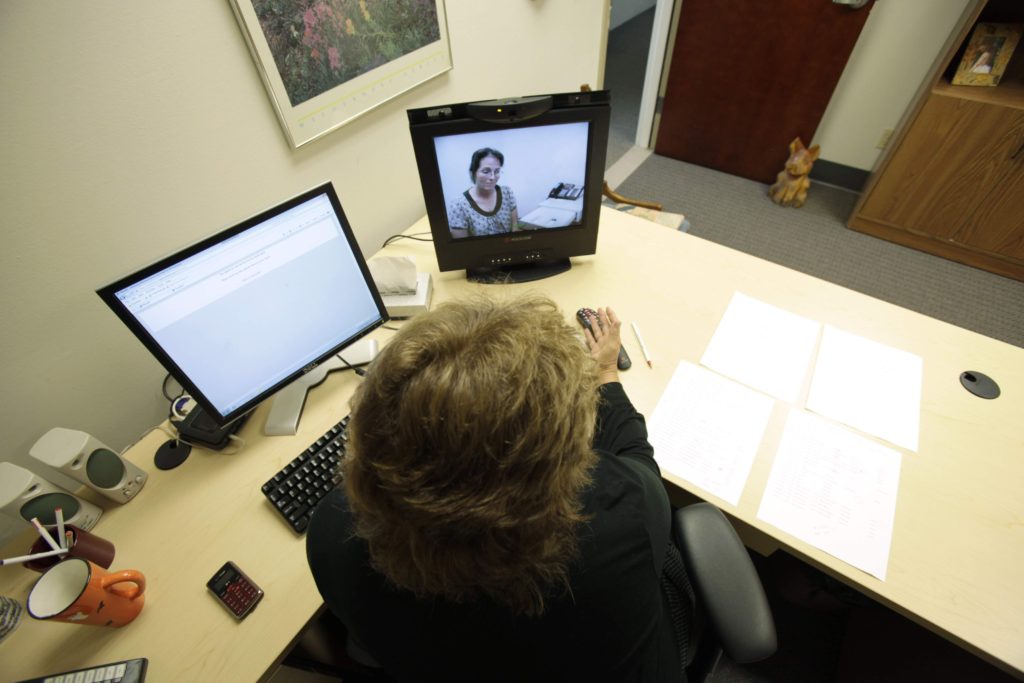No matter our stance on controversy de jour, we can agree on the importance of an independent judiciary. No one wants to stand before a judge and wonder if his or her ruling is based on placement of a wet finger in the political winds.
We understand all too well, after all, that politicians can be swayed in their mission of what’s in the best interest of society to a stance better summarized as doing right by their political party or a special interest group.
The last thing we need or want is our court system to fall under political scrutiny; for each decision, verdict and sentencing to be viewed as some small battle on the path to a politically-motivated goal.
This is exactly why the decision this week by the Iowa Supreme Court to allow continued use of telemedicine for chemical abortion procedures is important and should be celebrated.

The last-minute stay prevents a 2013 ban by the Iowa Board of Medicine from going into effect. It also places an Aug. 18 ruling by Judge Jeffrey Farrell, who placed a 30-day expiration date on the services, on hold.
To be clear, the state’s high court has not given a final nod or completely outlawed the practice. The Supreme Court has said the status quo should remain until it has opportunity for additional review.
The move is significant because most recent discussion and decisions regarding such use of telemedicine has been tinged with political speculation.
Despite there never being a complaint lodged by patients of the service or health care professionals administering the service, activists ran with the issue, demanding the state review the practice.
As early as 2010, 15 people, representing at least 10 unique groups that oppose abortion generally, spoke against this use of telemedicine during the public comment section of a Board of Medicine meeting. Following a yearlong review, Board members determined no wrongdoing or violation of state law.
Since that time, however, all members of the Board have been replaced with appointees by Gov. Terry Branstad, an abortion opponent who has voiced his distaste for this program.

Judge Farrell, also a Branstad appointee, upheld the Board’s 2013 decision despite noting that the Board’s actions “invited scrutiny.” The members declined requests from the state’s primary doctors’ associations to have additional time to review, and “acted on the petition for rule-making only three days after it was received, and in contravention of advice from its in-house counsel and attorney general representative.” Branstad, according to a GOP-mouthpiece blog, praised Farrell’s decision at a campaign fundraiser.
Was Farrell swayed by the Branstad administration or calls by religious conservatives to oust Judge Karen Romano after she granted the original stay of the Board’s decision? That is, very unfortunately, now a legitimate question.
Much to the chagrin and despite the best efforts of activists on either side of the political aisle, the Iowa Supreme Court has thus far remained impervious to such influences. It is the best possible place to learn if the new telemedicine rules are rooted in politics or safety.
This column by Lynda Waddington originally published in The Gazette on Sept. 20, 2014. Photo credit: Gazette archives
